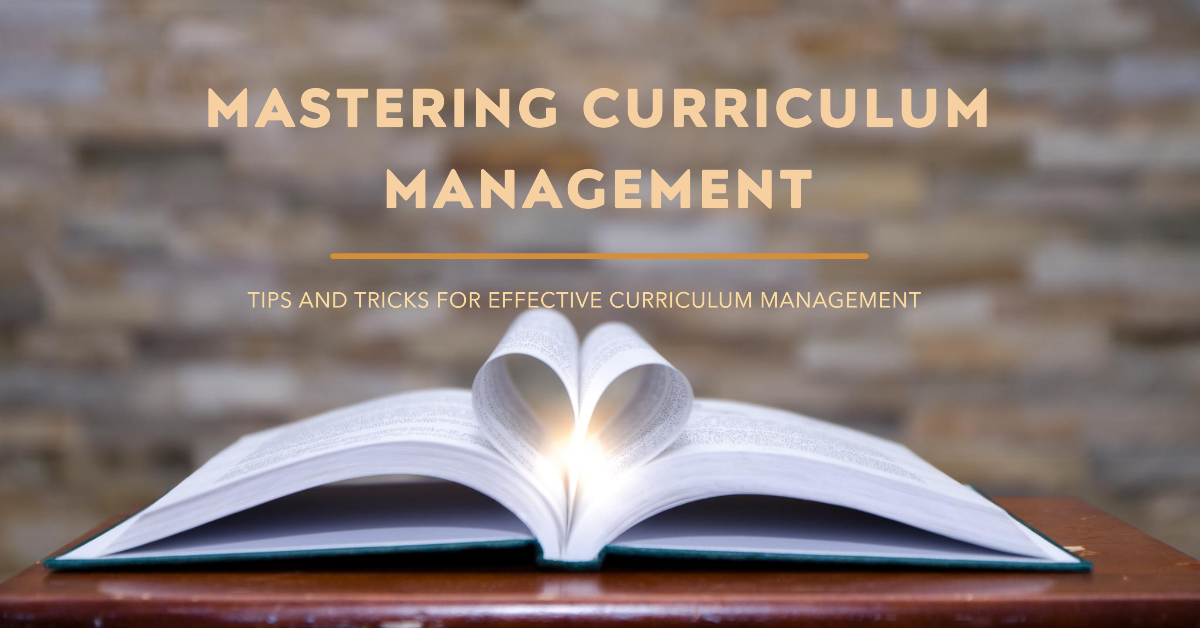Balancing Act: The Art of Stress Management for Educators
Daya Chetty
April 24, 2024

Welcome, fellow educators, to a topic close to our hearts and minds – stress management.
As champions of learning and guardians of young minds, we navigate a dynamic landscape filled with joys, challenges, and endless opportunities for growth. In this blog post, we’ll explore the unique stressors educators face, share practical strategies for managing stress, and reaffirm the importance of self-care in our noble profession.
Understanding Educator Stress:
Teaching is more than a profession; it’s a calling that demands passion, dedication, and resilience. Yet, the reality is that educators often contend with high levels of stress stemming from various sources:
- Workload: The demands of lesson planning, grading, meetings, and administrative tasks can feel overwhelming, especially in times of transition or increased responsibilities.
- Student Needs: Educators invest not only in academic instruction but also in supporting students’ social, emotional, and behavioural development. Meeting diverse student needs can be emotionally taxing.
- Expectations and Pressure: Educators face pressure from parents, administrators, and society at large to deliver results, meet standards, and navigate ever-changing educational policies and mandates.
Strategies for Stress Management:
- Set Boundaries: Establish clear boundaries between work and personal life. Designate specific times for work-related tasks and prioritize self-care activities outside of work hours.
- Practice Self-Compassion: Cultivate self-compassion by acknowledging your efforts and limitations. Treat yourself with the same kindness and understanding you extend to your students.
- Seek Support: Don’t hesitate to reach out to colleagues, mentors, or support groups for guidance and encouragement. Sharing experiences and strategies with peers can provide valuable perspective and solidarity.
- Prioritize Tasks: Learn to prioritize tasks based on importance and urgency. Break larger tasks into smaller, manageable steps and tackle them one at a time to avoid feeling overwhelmed.
- Practice Mindfulness: Incorporate mindfulness practices such as deep breathing, meditation, or yoga into your daily routine. These practices can help alleviate stress, improve focus, and cultivate a sense of calm.
- Engage in Self-Care: Make self-care a non-negotiable priority. Engage in activities that bring you joy and relaxation, whether it’s reading, spending time outdoors, or pursuing hobbies.
The Importance of Educator Self-Care:
As educators, our well-being directly impacts our effectiveness in the classroom and our ability to support student success. Prioritizing self-care isn’t selfish; it’s essential for maintaining our physical, emotional, and mental health. When we care for ourselves, we are better equipped to nurture the growth and development of our students, creating a positive ripple effect throughout the entire school community.
Conclusion:
In the fast-paced world of education, stress management isn’t just a luxury – it’s a necessity. By acknowledging the unique stressors we face as educators and implementing practical strategies for self-care, we can cultivate resilience, preserve our passion for teaching, and continue making a profound impact in the lives of our students.
Thank you for your dedication, your compassion, and your unwavering commitment to the noble profession of education. Together, let’s prioritize self-care, support one another, and create a culture of well-being where educators thrive and students flourish.


